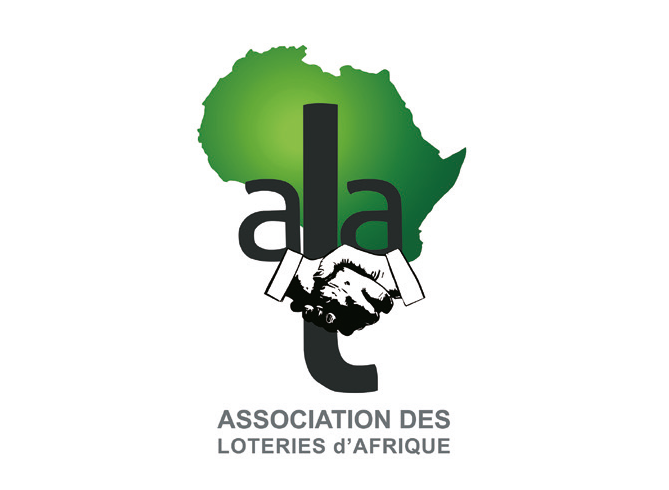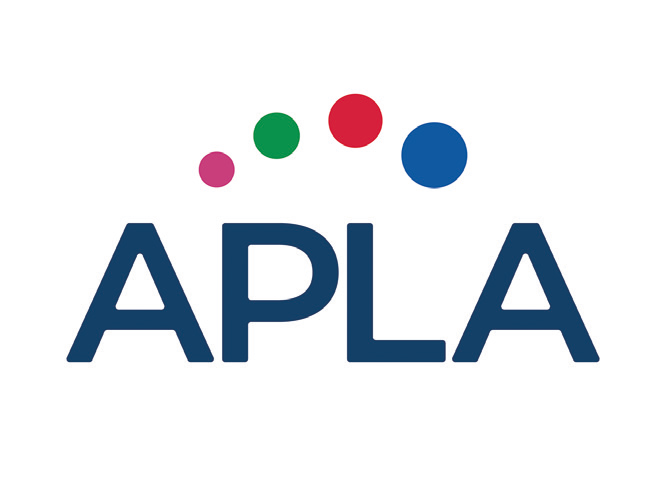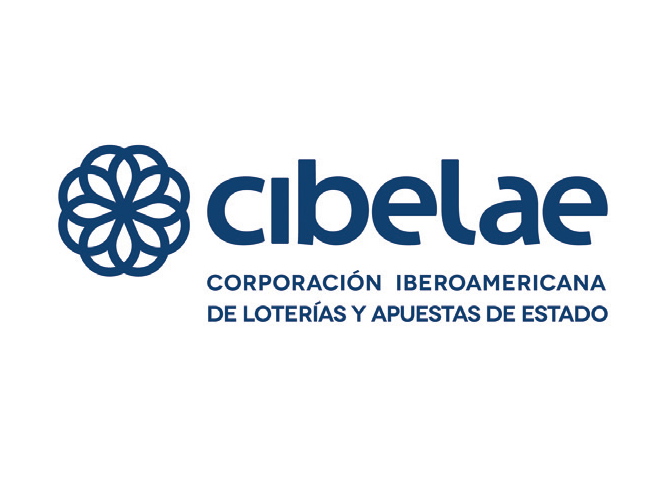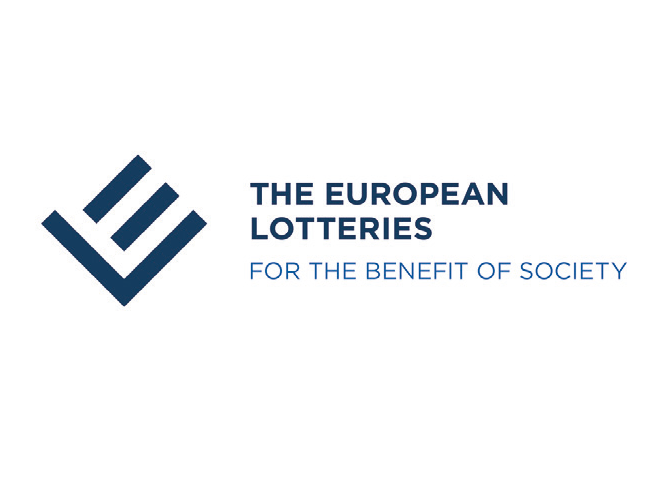Regional Associations
The world lottery community is further supported by five regional lottery associations, which play a role at the continental and regional level similar to that played by the WLA globally. The five regional associations are ALA, APLA, CIBELAE, the EL, and NASPL, supporting Africa, Asia Pacific, Latin America, Europe, and North America respectively.

ALA
The Association des Loteries d’Afrique (ALA), or African Lottery Association, is a non-profit organization representing the interests of state-authorized lottery and sports betting operators throughout Africa. Currently, the association sports more than a dozen member gaming organizations.
The primary mission of the association is to unite public, mixed, and private companies that hold a monopoly, license, or concession from African states for the operation of games of chance, in order to further socio-economic development across the African continent in priority sectors such as education, health, culture, and sport.

APLA
The Asia Pacific Lottery Association (APLA) is the trade association representing the state-regulated lottery and sports betting sector in the Asia Pacific region. Founded in 2000, the association currently boasts more than 20 lottery organizations from the Asia Pacific region as full members.
APLA provides a forum to promote and encourage professional exchange of experience and information, and also to discuss lottery-related issues among the APLA membership. As such, the objectives of the organization include advancing the goals and collective interests of the APLA membership and enhancing the capability, common knowledge, and status of individual members, for example by promoting and encouraging cooperation and the exchange of professional experience, information, and resources among members, by representing all or part of the membership in conveying common positions or opinions to authorities, private and public, and by representing the interests of the APLA membership at any association that promotes the alignment of the same aims and objectives at the world and regional level.

CIBELAE
CIBELAE, or the Corporación Iberoamericana de Loterías y Apuestas de Estado (Ibero-American Corporation of Lotteries and State Betting), is an international non-governmental organization founded in October 1988 to promote the interests of state-authorized lotteries and sports betting operators in the Latin American region.
CIBELAE aims to be the political, advisory, and training body for the Ibero-American lotteries. As such, its fundamental objectives include promoting the improvement, modernization, and optimization of state-regulated gaming activity through member collaboration and information exchange, while upholding its core values of integrity, continuous improvement, and proactivity.

EL
The European State Lotteries and Toto Association, generally referred to as ‘’the European Lotteries’’ (EL), is the European umbrella organization of national lotteries operating games of chance (including sports betting) for the public benefit in more than 40 European countries. With around 50 members in all EU Member States and 70 members in total the EL is the gaming sector’s largest and most representative trade association.
The European Lotteries (EL) promotes a sustainable and sound gaming model for the benefit of society, based on the core lottery values of responsibility, society/sustainability, and integrity. EL advances the collective interests of its members, defending the model of sustainable and responsible gaming for the public good in European-wide discussions of the societal, political, economic, and regulatory framework for gaming.

NASPL
The North American Association of State and Provincial Lotteries (NASPL) was founded in 1971 and has since grown into an active association representing 53 lottery organizations domiciled throughout the U.S. and Canada.
The association’s basic mission remains the same as when it was founded more than 40 years ago – to assemble and disseminate information and benefits of state and provincial lottery organizations through education and communications and where appropriate publicly advocate the positions of the Association on matters of general policy.







